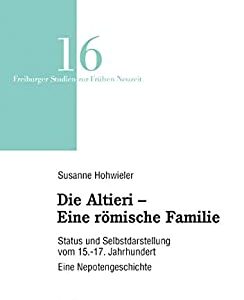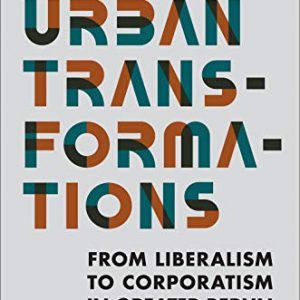This book explores the ways in which the urban poor population of Brazil participates in social movements. This study focuses on their agency, analyzing the interactive relationship between the urban poor in collective actions and the structural change represented by the participatory administration, which primarily saw implementation and institutionalization in Brazil at the beginning of the 21st century. Ryohei Konta argues that, as the structure of the participatory administration is more actively implemented and institutionalized, social movements will benefit from increased political opportunities. This result encourages the urban poor to participate in social movements as a means to realize their interests. Participation in social movements also stimulates their action with intention and capability (agency), which collectively interacts with the structure of increased opportunities (participatory administration), leading to self-fulfillment and more frequent participation in social movements. Scholars of sociology, Latin American studies, economics, social movements, and urban development will find this book particularly useful.
-65%

The Legend of China:The History of Pudong Development
$64.60 Original price was: $64.60.$22.61Current price is: $22.61.

Minorities and State-Building in the Middle East: The Case of Jordan (Minorities in West Asia and North Africa)
$69.99 Original price was: $69.99.$24.50Current price is: $24.50.
The Housing Movement and the Urban Poor in São Paulo: Agency, Structure, and Institutionalization
$80.50 Original price was: $80.50.$28.17Current price is: $28.17.
Please note this is an Ebook, not a Paperback Or Audio Book!
SKU:
B082VNF6Q3
Category: History









